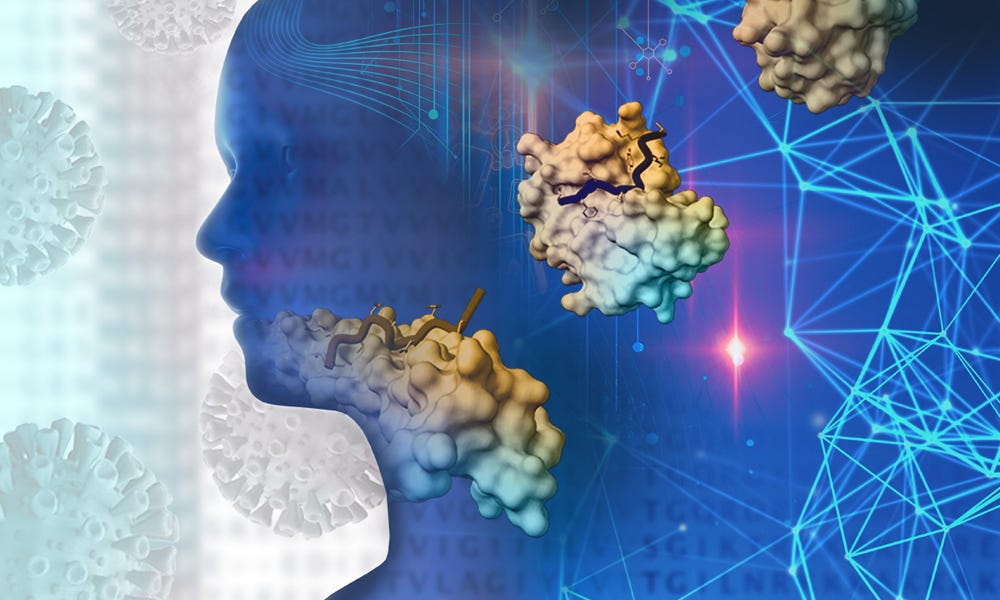Artificial intelligence (AI) is a rising technological advancement in the field of medicine. Many questions arise while addressing this use of AI, including the implications for healthcare professionals and proper patient care addressed by the new technology.
According to the National Institute of Health, many AI technologies are available in medicine due to a phenomenon known as machine learning; through inputting statistics, machines gain the ability to recognize patterns and predict an output for the dataset. This has led to the use of neural networks, where machine learning has the potential to detect the presence of disease. A more complex form of neural networks is known as deep learning, which includes predicting many different potential outcomes and a wide range of outputs. Cancerous cells may be detected using this technology, proven to be more accurate than the human eye.
AI allows for a faster and more efficient field of healthcare. Diagnosing patients has been improved by helping the primary care provider interpret tests such as CT scans, MRIs, etc. Along with this, according to the Los Angeles Pacific University, natural language processing technology has allowed artificial intelligence to convert spoken language into written text, allowing for a more efficient method of documenting medical information.
Despite all of the benefits of AI in healthcare, there are many challenges as well. For one, machine learning in healthcare requires a constant input of relevant data. However, with the issue of patient consent, privacy guidelines complicate inputting personal medical information into research or diagnostic datasets, leading to a limited scope of information. Confidentiality is critical in healthcare, and datasets that are put into machine learning or are used for research are at risk of getting hacked or being irrelevant in the future. Also according to the National Institute of Health, bias may present itself in machine learning, as many ethnic minorities are underrepresented in statistics implemented in models. Unbalanced input into algorithms harms decision-making by artificial intelligence, as it is not aware of the full extent of cultural implications.
Another concern is the replacement of jobs. As previously mentioned, artificial intelligence is capable of making more accurate predictions than even a pathologist while detecting cancerous cells or tumors. The expansiveness of AI may replace many healthcare workers, such as through detecting skin conditions such as in dermatology, or interpreting pap smears, such as in cytology.
Overall, AI in healthcare has many opportunities for the future of healthcare, including through providing relief for overworked healthcare professionals. However, many implications arise with the growth in machine learning, such as if algorithms used in medical technologies are representative of minority populations, or if machine learning will grow to a point in which it replaces many essential roles in healthcare and leaves many unemployed. While the field of medicine is being revolutionized alongside artificial intelligence, it is important to consider the nuances modernization in medicine may bring to patient care and physician capability as a whole.









